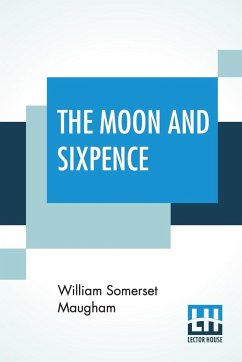
The Autobiography of a Thief
Versandkostenfrei!
Versandfertig in 1-2 Wochen
14,99 €
inkl. MwSt.
Weitere Ausgaben:

PAYBACK Punkte
7 °P sammeln!
The Autobiography of a Thief is a raw and introspective look at the life of a man reflecting on his past in crime and the internal struggle for redemption. The narrative explores the complexities of being trapped in a cycle of poverty and crime, where desperation and influence lead to a life of theft. Through the protagonist's recollections, the story delves into the moral conflicts that arise when one is faced with the consequences of their actions. The ex-thief recounts his journey from a young boy influenced by older criminals to a seasoned pickpocket, exposing the gritty realities of life ...
The Autobiography of a Thief is a raw and introspective look at the life of a man reflecting on his past in crime and the internal struggle for redemption. The narrative explores the complexities of being trapped in a cycle of poverty and crime, where desperation and influence lead to a life of theft. Through the protagonist's recollections, the story delves into the moral conflicts that arise when one is faced with the consequences of their actions. The ex-thief recounts his journey from a young boy influenced by older criminals to a seasoned pickpocket, exposing the gritty realities of life in the underworld. This personal account highlights the tension between the allure of easy gains and the eventual recognition of the futility of crime. The protagonist's journey of self-reflection and remorse paints a vivid picture of the emotional toll that a life of crime takes on an individual, while exploring themes of redemption and the search for a new path.













